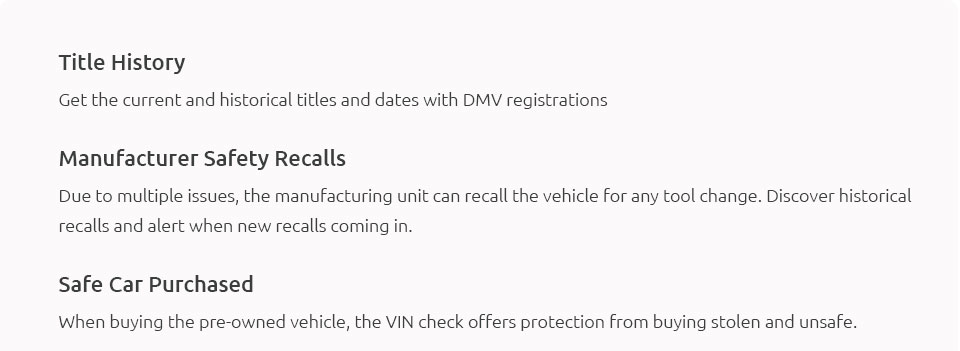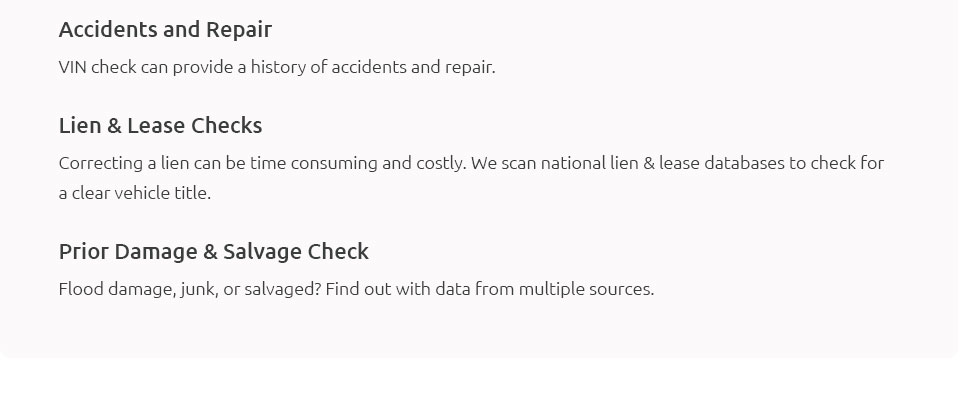 |
 |
 |
 |
 |
||
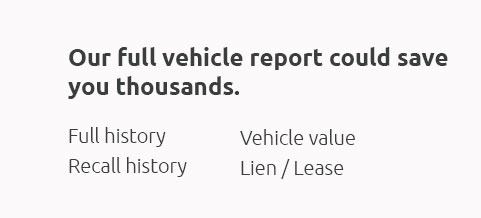 |
 |
|
 |
 |
|
 |
 |
 |
 |
||
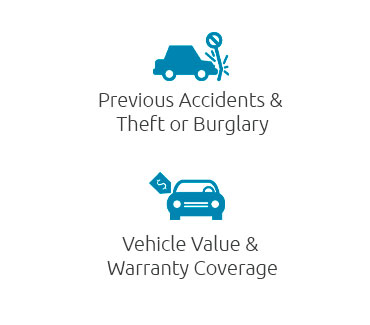 |
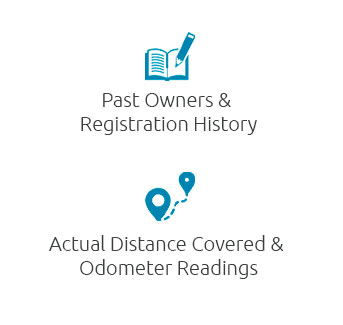 |
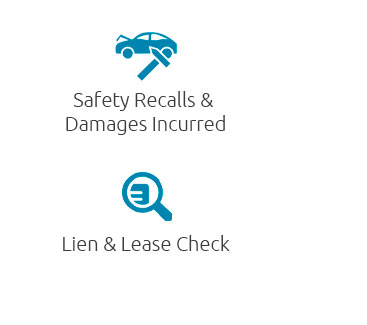 |
 |
 |
 |
||||
|
||||
 |
 |
Understanding How to See Who a Car is Registered To: Things to ConsiderThe desire to know who a car is registered to can stem from various reasons, whether it's out of curiosity, necessity, or due diligence. In today's world, where information seems to be at everyone's fingertips, it can be surprisingly challenging to access such specific data. The complexities involved in determining a car's registration details are multifaceted and deserve a deeper look. It's crucial to appreciate the balance between privacy laws and the legitimate need for information. This article explores the intricacies of this subject, offering insights into methods and considerations that surround the process. Firstly, it's important to understand that vehicle registration data is considered personal information, and accessing it isn't as straightforward as one might assume. The Drivers Privacy Protection Act (DPPA) in the United States, for instance, provides a framework that restricts access to this information, ensuring it's not misused. While this may seem like a hurdle, it serves as a safeguard against potential privacy violations. One needs to consider the ethical implications of seeking such data, ensuring that the request aligns with legal allowances and moral standards. For those with a legitimate need, such as verifying ownership during a vehicle purchase or tracking down the owner of a car involved in an accident, there are several avenues to explore. Law enforcement agencies and certain authorized third parties have access to these records, but for the average individual, options may be limited. One potential method is using a car vin number price check service, which might provide some insights based on public records and available data, though it typically won't disclose personal information directly. These services can, however, give you a glimpse into the vehicle's history, including title changes and accident records. Moreover, contacting the Department of Motor Vehicles (DMV) or equivalent agency in your state or country might yield results, but this often requires a formal request and a valid reason. Some states offer online platforms where you can apply for such information, albeit under stringent conditions. It's worth noting that not all applications are successful, as the decision largely depends on the nature of the request and the governing laws of the state or region. Another critical aspect to consider is the number of previous owners a car has had, which can be an indicator of its reliability and history. Understanding how to check the number of owners on a car can be invaluable when making purchasing decisions. This information, although more accessible, still requires navigating through legitimate channels to obtain accurate data. Services that specialize in vehicle history reports can offer comprehensive insights, although they often come at a cost. In conclusion, while the quest to see who a car is registered to may seem daunting, it's not impossible with the right approach and understanding. It's imperative to respect privacy considerations and ensure that any inquiry is legally justified. By leveraging available tools and services, and understanding the legal landscape, one can navigate this complex domain responsibly and effectively. Ultimately, the key lies in striking a balance between curiosity, necessity, and respect for privacy. https://www.justanswer.com/law/osl3o-find-vehicle-registered.html
Contact your local DMV: The Department of Motor Vehicles (DMV) in your state might offer a license plate lookup service. However, this service ... https://www.wikihow.com/Find-a-Vehicle%27s-Registered-Owner-Using-a-License-Plate-Number
Search for sites that offer license plate lookup services, such as PeoplePublicRecords.org, to find out basic information about the vehicle, such as whether ... https://www.tn.gov/revenue/title-and-registration/vehicle-registration.html
Register a Business Online - Request a Refund - Get My Tax Questions Answered - Schedule an ...
|

